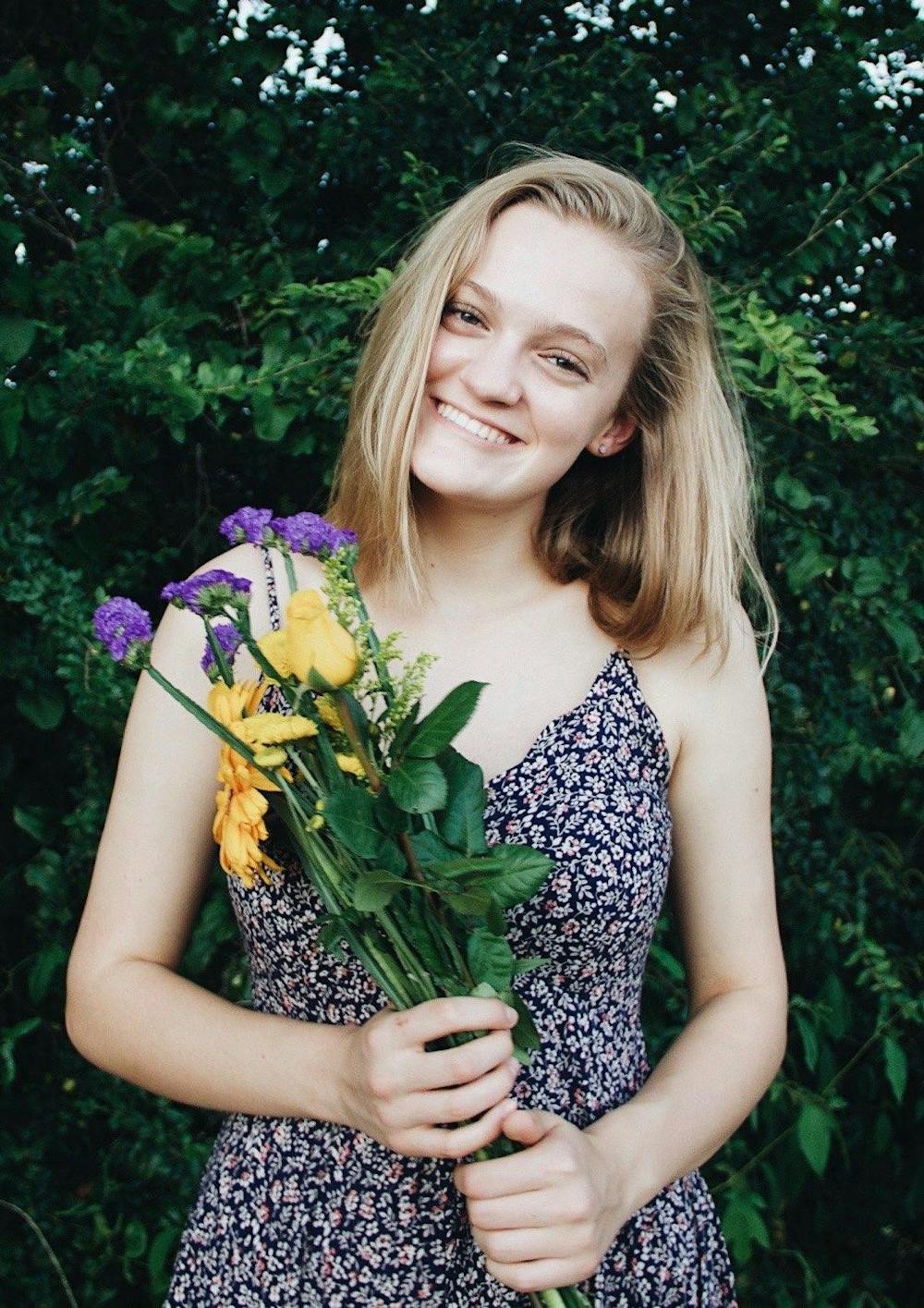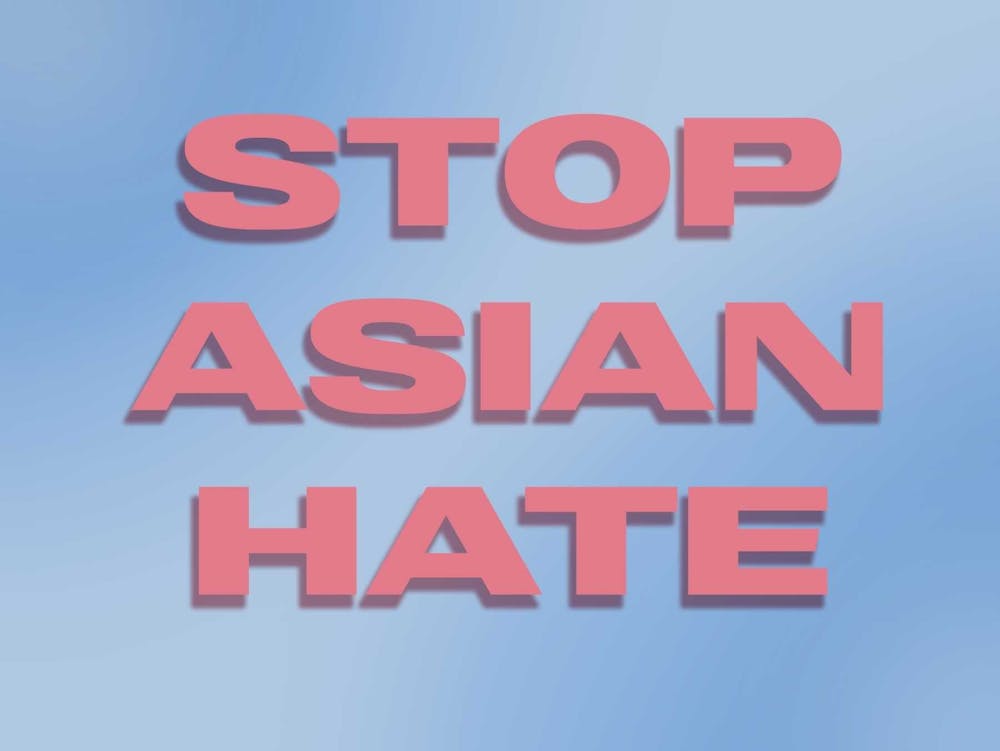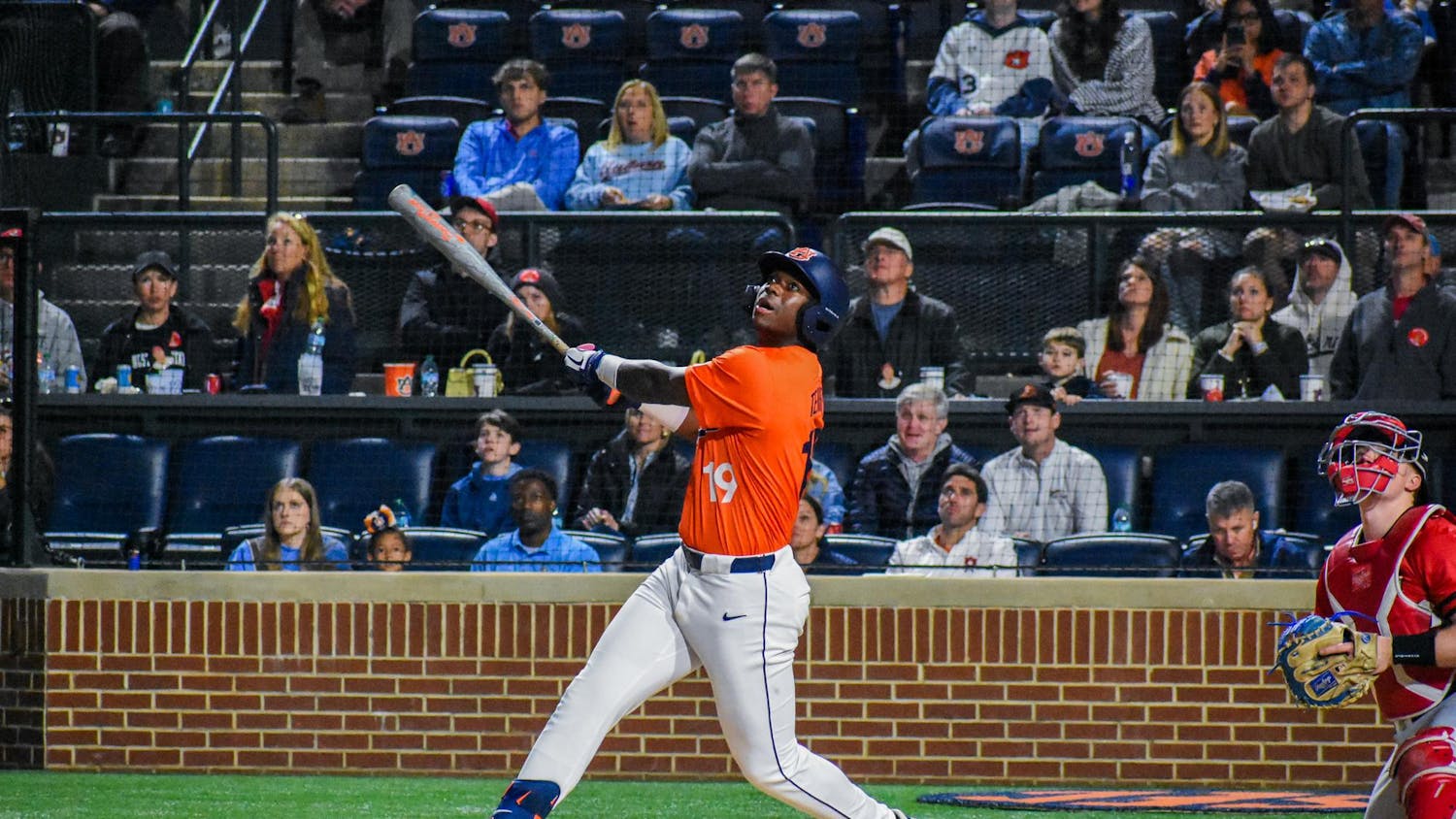In the past year, Asian hate crimes have grown simultaneously with the rise of COVID-19 cases and have recently been getting more press under the hashtag “Stop Asian Hate."
On March 17, shootings at three Atlanta spas resulted in the death of eight civilians, six of which were Asian women. Although the suspect hasn't been charged with a hate crime, many have characterized this attack as such, because of the victims amidst the backdrop of rising Anti-Asian sentiment.
Hate crimes against Asian Americans are sadly not a new phenomenon. The Japanese Internment camps of 1942, following the Attack on Pearl Harbor, is just one example of an inexcusable, uneducated response to disaster.
The pandemic has been another event to allow for the dissemination of disinformation. Amidst trauma, we often find ourselves shifting blame to the blameless. Yet, redirecting internal strife to outward actions will never be the solution.
Physical attacks are just the beginning of these crimes. There is outright verbal abuse, expressed in racial slurs or ill-intended slang. The emotional scarring of watching and hearing about such events on TV cut a deep wound into the hearts of many Asian Americans.
Juliane Vo’s phone lit up at 10:30 on Friday night, March 19. The shooting had just occurred in Georgia. As they sifted through news article after news article, Vo saw that the shooting had specifically occurred in Woodstock on the street where their parents’ salon was.
“I start freaking out,” Vo said. “I’m trying to tell myself nothing happened to them, they’re fine.”
Vo’s mother appeared collected and sleepy when answering the phone. Her mother confirmed they were okay. Yet, the salon they owned was only seven minutes from one of the salons that was attacked.
This response did not come as a surprise. Vo acknowledges that the majority of Asian parents are reluctant to show that they are afraid because they do not want their children to be afraid.
“I know one thing for a fact: a lot of Asian cultures focus on pride and honor,” Vo said. “It’s really hard for a lot of Asian people to ask for help.”
Vo is a 20-year-old sophomore currently working on completing a double major in psychology and pre-graphic design with a minor in journalism at Auburn University.
“It’s just really scary to think that if something happens to my parents or my brother, I’m here in Auburn, and they’re all the way in Woodstock,” they said.
Real actions affect real people. Students and Auburn citizens cannot remain separate from the discourse at hand. Our actions, and the actions of others, are not removed from us.
“Definitely check in on your Asian peers,” Vo said. “Even if they’re not like asking for help, they definitely want it or need it, they just might be afraid to ask.”
Jessica Leonard is a fifth-year senior with a double major in anthropology and engineering, and a minor in Spanish. She has been working on a research paper surrounding the Asian experience during COVID-19. This was inspired by one of her favorite professors, Dr. Arianne Gaetano, associate professor of anthropology and director of the women's studies program.
Leonard’s research will culminate in a symposium on Tuesday, March 30th at 1:30 PM. The symposium will be held over Zoom with her co-host and colleague Elise Sappington.
“The most striking thing for me was how the discourse coming from administrators — not [just] at Auburn necessarily — has such a strong impact on the attitudes and ideas of international students,” Leonard said.
Dr. Taffye Benson Clayton, the associate provost and vice president of the Office of Inclusion and Diversity, released a statement on the matter of "#StopAsianHate." It reads:
“It is the shared responsibility of all of us to embrace individuals from a wide range of perspectives, viewpoints, and experiences with full understanding and sensitivity. The Auburn University Office of Inclusion and Diversity understands and recognizes the overwhelmingly positive benefits of this practice, and supports a free and clear exchange of ideas with thoughtful reflection and careful consideration toward the many distinctions among us.”
Additionally, President Jay Gouge recently released a statement to Auburn students on the issue of Asian hate crimes. In it he said:
“As a land grant institution, Auburn University draws its strength from a wide range of individuals with varying backgrounds, perspectives, viewpoints and experiences. We must work to better understand one another, to respect our differences and to value each person’s individual human dignity.”
Asian culture cannot be homogenized. The vast amount of diversity that exists within the term “Asian” is insurmountable. Each ethnicity has unique beliefs, traditions, and histories. Understanding who they are and what they represent helps us to love them better in difficult times.
Firsthand experience with these cultures is the only way to amend our wayward thinking. Juliane Vo’s friends once came early to their graduation party just to learn how to make Mrs. Vo’s renowned eggrolls.
“I swear; everyone that has tried my mom’s egg rolls says that they are the best eggrolls they’ve ever had,” Vo said.
Auburn offers spaces for these same experiences. The Korean Corner, Nihon Japanese Student Organization and Auburn Chinese Professional Association are just a few places where students can gather together.
Groups like these give Asian students community while educating others. In the words of President Gouge, “Silence is not acceptable. When we see something wrong, we must speak up.”
If you or a loved one have been a target of a hate crime, hostile incident, or a target of bias, file a report with through the Bias Incident Report Form.
Do you like this story? The Plainsman doesn't accept money from tuition or student fees, and we don't charge a subscription fee. But you can donate to support The Plainsman.

Emery Lay, junior in journalism, is a lifestyle writer at The Auburn Plainsman.





